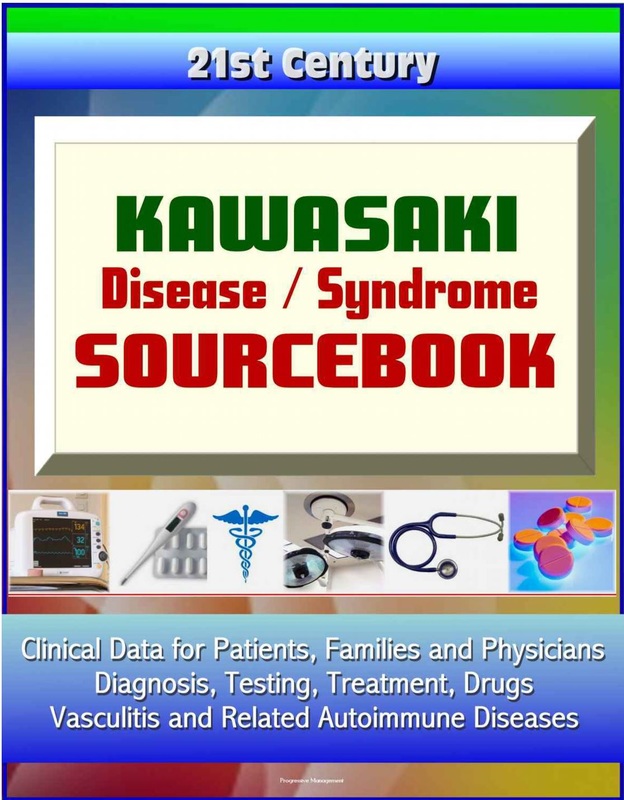- Immune globulin is a medicine that's injected into a vein.
- As soon as his or her fever goes away, a low dose of aspirin is given.
- Taking these steps can help lower the risk of future heart disease.
Medicines are the main treatment for Kawasaki disease. Rarely, children whose coronary (heart) arteries are affected may need medical procedures or surgery. The goals of treatment include: Reducing fever and inflammation to improve symptoms. Preventing the disease from affecting the coronary arteries
Initial Treatment
Kawasaki disease can cause serious health problems. Thus, your child will likely be treated in a hospital, at least for the early part of treatment.
The standard treatment during the disease's acute phase is high-dose aspirin and immune globulin. Immune globulin is a medicine that's injected into a vein.
Most children who receive these treatments improve greatly within 24 hours. For a small number of children, fever remains. These children may need a second round of immune globulin.
At the start of treatment, your child will receive high doses of aspirin. As soon as his or her fever goes away, a low dose of aspirin is given. The low dose helps prevent blood clots, which can form in the inflamed small arteries.
Most children treated for Kawasaki disease fully recover from the acute phase and don't need any further treatment. They should, however, follow a healthy diet and adopt healthy lifestyle habits. Taking these steps can help lower the risk of future heart disease. (Following a healthy lifestyle is advised for all children, not just those who have Kawasaki disease.)
Children who have had immune globulin should wait 11 months before having the measles and chicken pox vaccines. Immune globulin can prevent those vaccines from working well.
Initial Treatment
Kawasaki disease can cause serious health problems. Thus, your child will likely be treated in a hospital, at least for the early part of treatment.
The standard treatment during the disease's acute phase is high-dose aspirin and immune globulin. Immune globulin is a medicine that's injected into a vein.
Most children who receive these treatments improve greatly within 24 hours. For a small number of children, fever remains. These children may need a second round of immune globulin.
At the start of treatment, your child will receive high doses of aspirin. As soon as his or her fever goes away, a low dose of aspirin is given. The low dose helps prevent blood clots, which can form in the inflamed small arteries.
Most children treated for Kawasaki disease fully recover from the acute phase and don't need any further treatment. They should, however, follow a healthy diet and adopt healthy lifestyle habits. Taking these steps can help lower the risk of future heart disease. (Following a healthy lifestyle is advised for all children, not just those who have Kawasaki disease.)
Children who have had immune globulin should wait 11 months before having the measles and chicken pox vaccines. Immune globulin can prevent those vaccines from working well.

